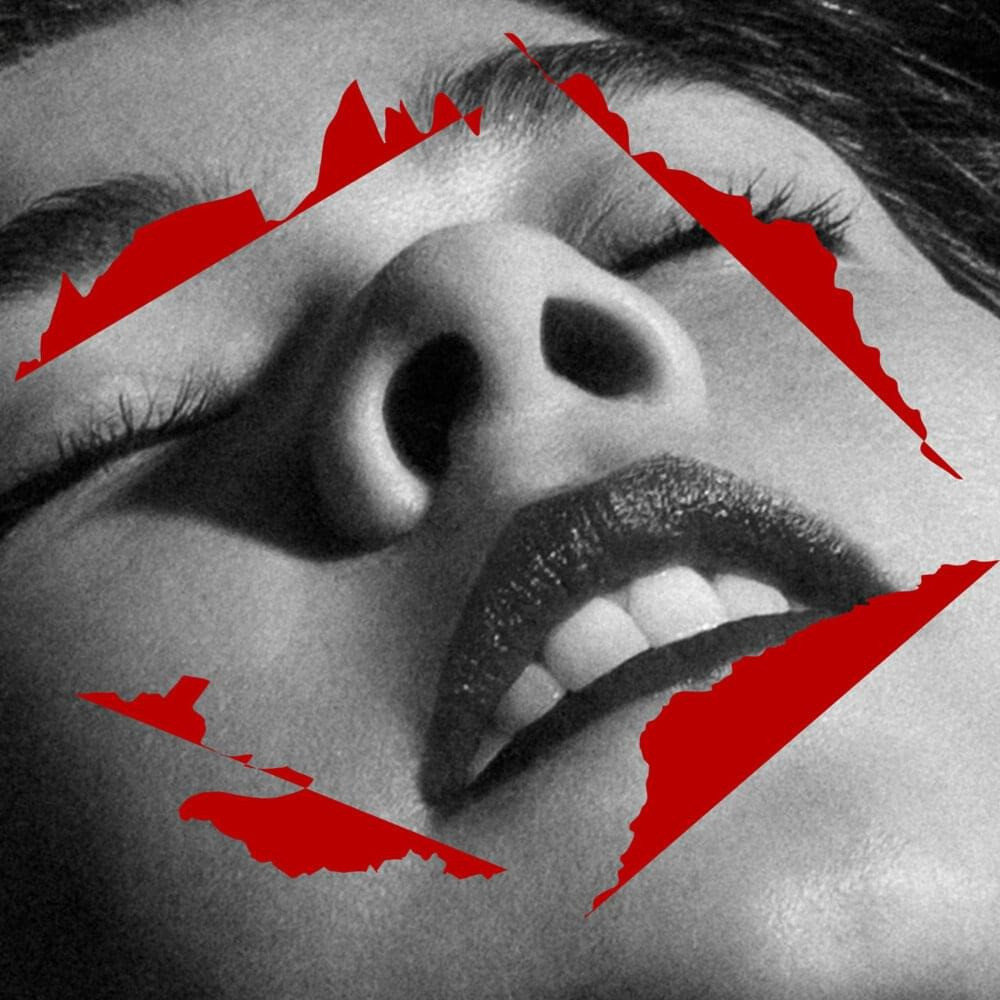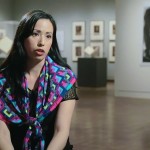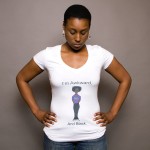Japanese American Artist, Mitski’s new album Laurel Hell is now available to stream. Unable to contain my excitement for the new project, I’ve found myself speaking about it to whoever will listen. Gushing about my love for Mitski is a common occurrence in my day-to-day existence. I am simply unable to contain my over-identification with her music. Recently, at the end of one of these overzealous interactions a white face looked back at me, eyebrows raised.
“What?” I had asked. Suddenly I was nervous that I had been too much.
“It’s just that all the Mitski fans I’ve met are white. I thought Mitski was white.”
It was my turn then to raise eyebrows and stare. Clear blue eyes blinked back innocently.
If you search #mitskitok on TikTok a collection of videos relating to the Japanese American singer-songwriter Mitski will appear. Dozens of pale faces looking back, lip-syncing lyrics that convey Mitski’s desire to be different.“Look at you strawberry blonde,” they mouth… as strawberry blondes. What they don’t seem to understand are the very next lyrics, where Mitski details her desperation to fit into a strawberry blonde life. “Oh all I ever wanted was a/ Life in your shape/ So I follow the white lines/ Follow the while lines/ Keep my eyes on the road/ As I ache.”
My realization that this space for women of color has been co-opted so severely that people on the outside assume it was a white space, to begin with, is horrifying.
I love my girl Mitski and I want her album sales to soar, I want her to get the coin and props she deserves. I want the world to hear the pain of women of color roaring through their speakers. I want them to recognize her art and hear our voices through her lyrics. That however is simply not happening. Instead, the collective pain of women of color is being co-opted for white individuals who either desire to feel othered or feel othered for a non-racial reason. Now I, like anyone else, have no right to say–no matter how much I want to– that Mitski’s music cannot be consumed by all individuals who desire to do so. However, I do feel it crucial to point out that no matter the identity, a listener must always be self-aware and not place a claim on experiences that are not their own.
When Mitski’s music is up for discussion, she is almost always attributed most largely to the LGBTQ community. In these conversations surrounding her audience, “people of color” and the LGBTQ community are frequently discussed as separate entities. Truly, what the separation of POC and the Queer community points to is the forced inclusion of queer white individuals in POC experiences. Of course, queerness is an identity that alters one’s life experiences, that leaves individuals feeling many of the emotions present in Mitskis lyrics. An identity to be proud of and love, but queerness does not absolve from whiteness. If we look at intersectionality, we see that the two identities exist interdependently.
The themes present in Mitskis’s music are of being different, of unreciprocated love and heartbreak due to racial identity. In “Your Best American Girl” Mitski sings, “Your mother wouldn’t approve of how my mother raised me.” This is a song about being othered, about being unwanted, yes but it is most specifically about experiencing these emotions as a woman of color who desires the approval and love of a white man and his family. “You’re an all-American boy I guess I couldn’t help trying to be your best American girl” There is desperation behind these lines that lies strictly within being non-white. The meaning of the song quite literally hinges upon the reality that Mitski cannot attain whiteness, that she is unable to be good enough for her all-American love interest.
There is nothing wrong with music created by a non-white individual being translated onto a white experience in general. Music is meant to be related to, meant to be a tool to work through suffering, meant to tell stories that allow listeners to be seen and heal. However, the emotions in Mitski’s music are intrinsically related to the experiences of women of color. While one can relate distantly to these feelings through different experiences, it must be recognized that these two experiences are not the exact same.
There can still be great love and compassion for an artist at a distance if it is recognized that they make music in a space that is not belonging to you. When I attend the “Working for the Knife ” tour in March 2022, I will be facing off with wealthy blonde white girls elbowing to get to the front as Mitski screams about not being enough for an All-American boy.
There is nothing wrong with loving Mitski, appreciating the way her music makes you feel, and relating to the themes and sound. This, as I have said, is what music is made to do. However, an element of self-awareness must remain present. An understanding that these are themes meant to illustrate an experience that you will never fully comprehend if you are white. Inspired by the plights of a life non-women of color will never live.
The pain present in Mitski’s music is tangible, it is something that draws a listener in and captures their heart. But is it not an all relating pain. It is one that describes the desperation of a woman of color to be the right kind of girl for a white man (“Goodbye my Danish Sweetheart”). Being a woman of color navigating a claim on her dreams (“class of 2013”), being a woman of color who does not feel like enough (“Your best American girl”). These are not experiences that can be translated through music to be understood and then claimed by people who do not live them.
Listen to Mitski, fine. Love her, enjoy her. Buy tickets to her shows and watch the new music video on repeat. But don’t ever forget that if you are the best American girl, she’s not really writing for you.
Anaiis Rios’ 25



